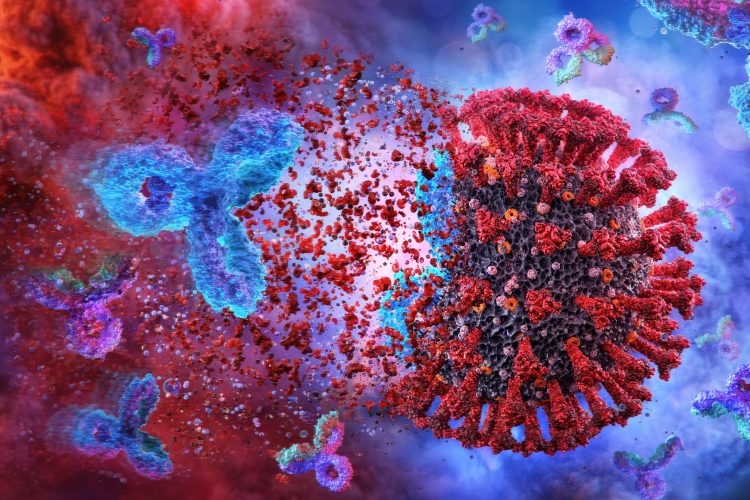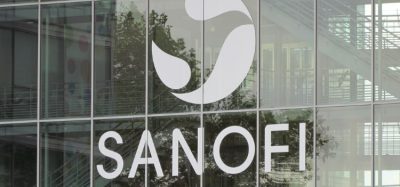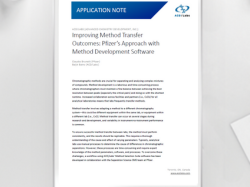Lilly launches Phase I trial of investigational COVID-19 antibody treatment
Posted: 4 June 2020 | Hannah Balfour (European Pharmaceutical Review) | No comments yet
The enterprise announced the initiation of the LY-CoV555 COVID-19 antibody treatment trial at medical centres across the US.


Eli Lilly and Company has announced the launch of the first human study testing its investigational COVID-19 antibody treatment, LY-CoV555, in major medical centres across the United States.
According to the enterprise, the treatment is the result of a collaboration between Lilly and AbCellera to create antibody therapies for the prevention and treatment of COVID-19. The antibody was identified by AbCellera and the US National Institute of Allergy and Infectious Diseases (NIAID) from the blood sample of one of the first US patients who recovered from the virus.
Lilly revealed in their announcement that if Phase I proves successful, then it plans to study LY-CoV555 in non-hospitalised COVID-19 patients and vulnerable patient populations, who typically are not candidates for vaccines.
“Later this month, we will review the results of this first human study and intend to initiate broader efficacy trials. At the same time as we are investigating safety and efficacy, we also are starting large-scale manufacturing of this potential therapy. If LY-CoV555 becomes part of the near-term solution for COVID-19, we want to be ready to deliver it to patients as quickly as possible, with the goal of having several hundred thousand doses available by the end of the year,” said Dr Daniel Skovronsky, Lilly’s Chief Scientific Officer and President of Lilly Research Laboratories. “We are grateful to collaborate with colleagues at AbCellera, NIAID, and the many academic institutions who have helped us reach this milestone in humanity’s fight against COVID-19 – a disease first characterised only six months ago. We are privileged to help usher in this new era of drug development with the first potential new medicine specifically designed to attack the virus.”
Related topics
Antibodies, Biologics, Biopharmaceuticals, Clinical Trials, Drug Development, Therapeutics, Viruses
Related organisations
AbCellera, Eli Lilly and Company, US National Institute of Allergy and Infectious Diseases (NIAID)









